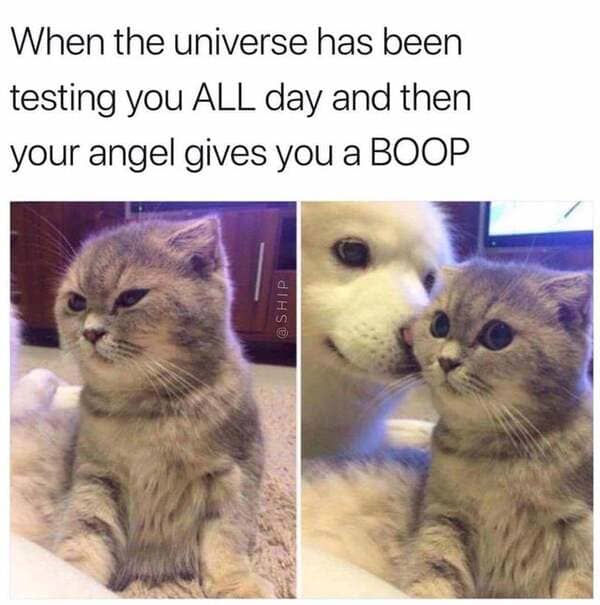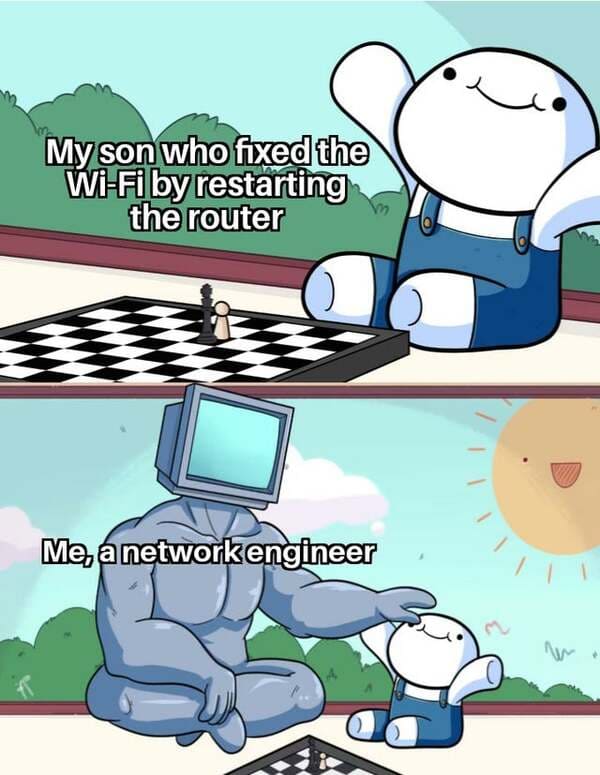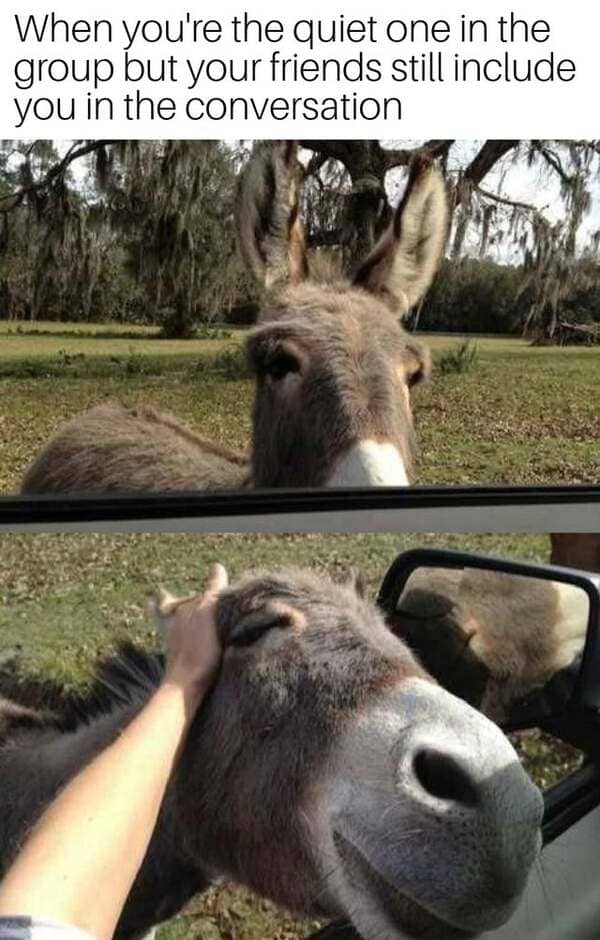Most of us think that rats are dirty, invasive rodents that creep around alleys and our trash cans, freaking us out. Which is true, but rats are also very intelligent animals and they supposedly make great pets.
My eyes were opened when I read the book Rats by Robert Sullivan and let me tell you, they are pretty impressive creatures. And here’s another reason to like these little fellas.
Meet Magawa, a rat that has been awarded a gold medal for exceptional bravery by the People’s Dispensary for Sick Animals (PDSA) in the UK for detecting landmines.
Magawa now joins the ranks of dogs, horses, pigeons, and cats that have received the prestigious honor over the past 77 years that the organization has been giving out awards.
He was trained to detect landmines by an organization called APOPO and so far has been able to sniff out 39 landmines along with 28 other pieces of unexploded weaponry.
Because of his work, over 1.5 million square feet of land in Cambodia has been deemed safe for the local population. And Magawa even received a miniature medal to wear around his neck for his efforts!
Amy Dickin of the PDSA , said,
“Because of the impacts COVID has had on the UK—and wider world—our original presentation plans had to be completely re-worked.
Meaning Magawa actually brings two firsts to PDSA—the first rat honored with a PDSA Medal and our first-ever virtual presentation.
We’re thrilled to be shining the spotlight on his amazing work and can’t wait for everyone to see him in action!”
Check out this video about Magawa’s great work!
Have you seen any interesting animal stories lately?
If so, please share some links with us in the comments.
We’d love to hear from you!
The post Learn About the Landmine-Detecting Rat That Received a Medal for Bravery appeared first on UberFacts.




























 (@Imamofpeace)
(@Imamofpeace) 



























